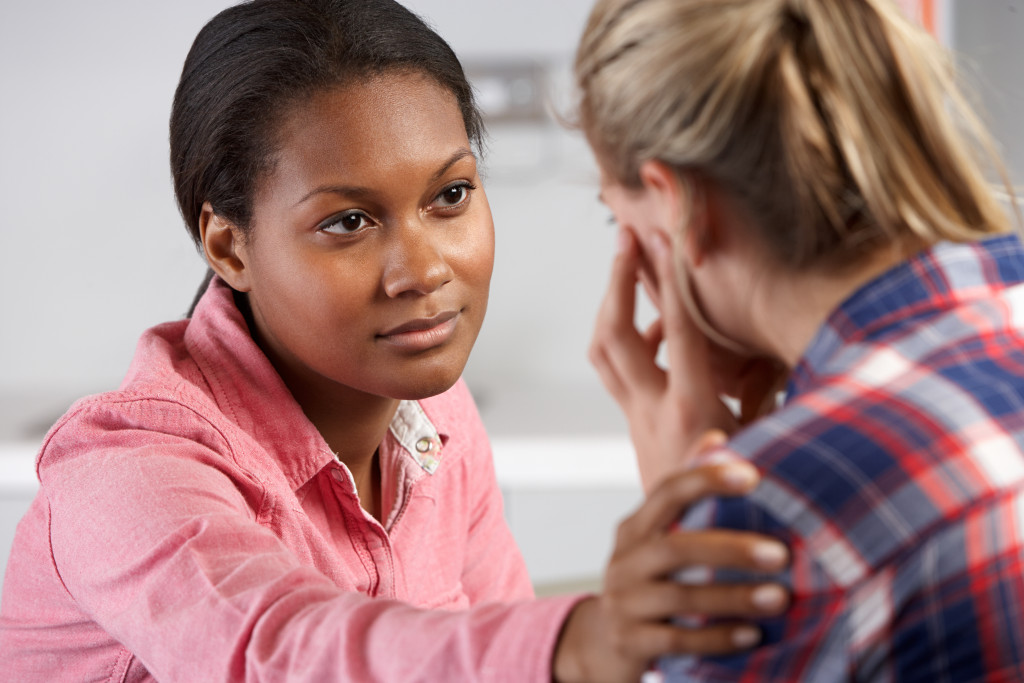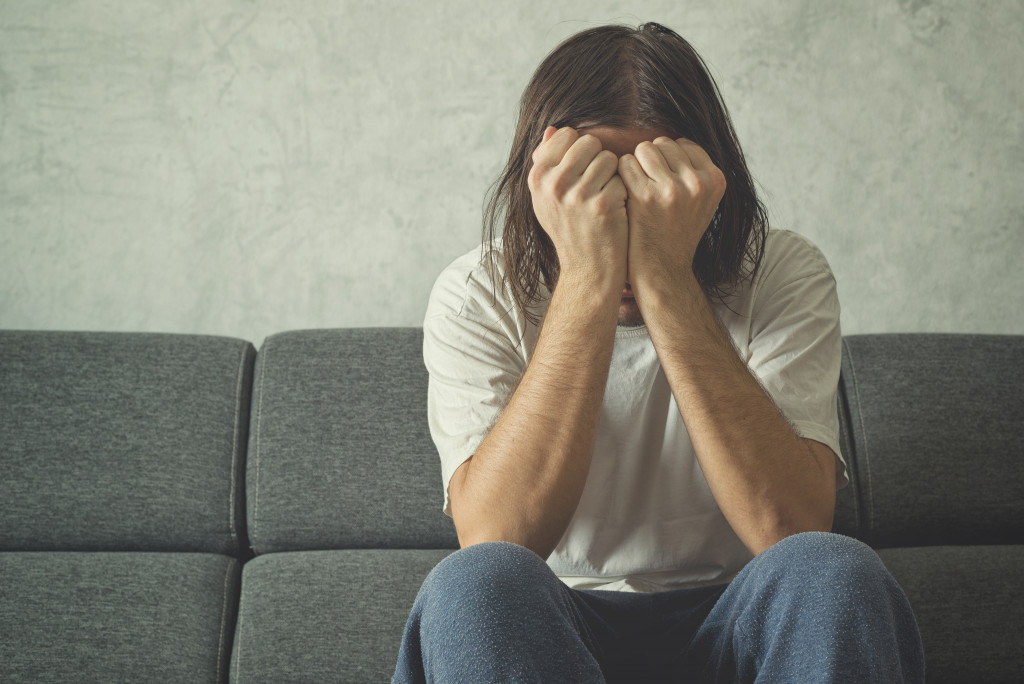A traumatic event has a considerable effect on survivors, as well as the people around them. They can be challenging for a person to overcome. Common trauma symptoms include nightmares, flashbacks, insomnia, anxiety attacks, depression, and avoidance of situations or reminders of the event. Fortunately, there are ways to overcome trauma.
If you’ve recently gone through a traumatic experience, it’s natural to feel scared, confused, and alone. Knowing where to turn or what to do next can be difficult. The most important thing is to remember that you are not alone— some people care about you and want to help you recover. Here are some tips for how to recover from trauma.
Seek professional help.
Trauma can be a challenging experience to overcome. It is crucial to seek professional help to get the support you need to recover. Professional help can provide you with the tools and resources you need to heal and move on. Some benefits of professional help include getting guidance and support from trained professionals. Working with a professional allows you to learn effective coping strategies and better understand your experiences. They can also help you connect with others who have been through similar struggles.
You can also work with a reputable intensive outpatient therapist. The therapist should use a HIPAA-compliant telehealth platform to help patients with other personal and professional commitments. They should also help patients focus on positive life changes to deal with their situations.
Whether you are struggling with recent trauma or dealing with the aftermath of a traumatic experience in the past, it is crucial to reach out for help. With the proper support, you can heal and move on from your experiences.
Stay connected to your loved ones.
It’s essential to stay connected to your loved ones after a traumatic experience. They can offer support and comfort and can help you through the healing process. Staying connected to your loved ones can also help you feel more connected to the world and can make you feel less isolated.
Staying connected with your loved ones allows you to share your feelings with them and let them in on what you’ve been going through. This can help you process your experience and feel less alone.
If you’re having a hard time reaching out to your loved ones, consider speaking to a therapist or counselor. They can provide support and guidance as you work through your trauma and begin the healing process.

Take care of yourself physically.
When you’ve been through a traumatic experience, taking care of yourself physically is essential. Trauma can affect your body in several ways, so it’s crucial to do what you can to heal. This may include:
- Eating a balanced diet. A balanced diet is vital for overall health and well-being, and it can help with the healing process after a traumatic experience.
- Getting enough sleep. Getting adequate sleep is vital for your physical and mental health, so try to stick to a consistent sleep schedule.
- Exercising regularly. Exercise can help you manage stress, improve mood, and ease sleep problems, so try to fit in exercise whenever you can.
- Taking time for yourself. Giving yourself time to relax and recharge can help you recover from trauma. You can go for a walk or take a relaxing bath. These activities ensure that you take care of yourself.
All these things can help your body recover from the trauma and help you feel better physically and emotionally. By taking care of yourself physically, you will be better able to cope with trauma’s emotional and psychological effects, allowing you to move forward more quickly. So if you are struggling after a traumatic event, focus on your health and well-being.
Avoid numbing yourself with alcohol or drugs.
When it comes to recovering from trauma, it’s crucial to avoid numbing yourself with alcohol or drugs. This is because substance abuse can interfere with the healing process and make it more difficult for you to recover. Substance abuse can also lead to additional problems, such as addiction and other mental health issues.
Focusing on taking care of yourself physically and emotionally is essential to recover from trauma. This may include engaging in activities that help you feel relaxed, such as meditation or exercise. It’s also crucial to build a supportive network of friends and family who can offer support during this challenging time.
Many resources are available to help you get the support and treatment you need if you struggle with substance abuse and trauma. This may include therapy or addiction treatment programs, support groups, or other forms of social support. By seeking help and focusing on self-care, you can recover from trauma and move forward with your life.
Recovering from trauma takes time and effort, but it is possible. Following the tips in the article can help you resume your normal life and heal from the effects of trauma.

